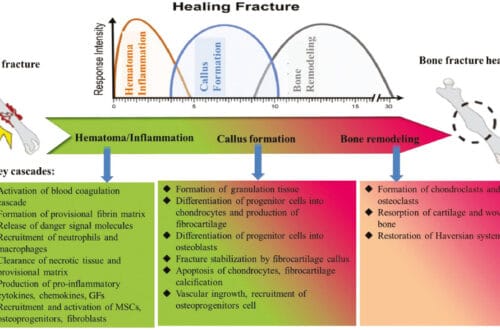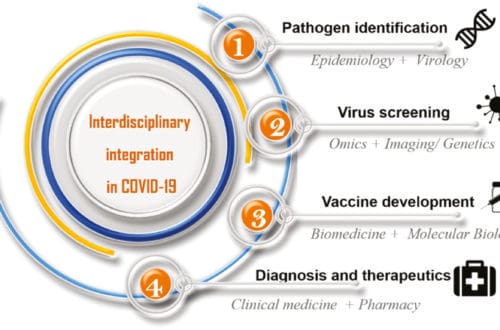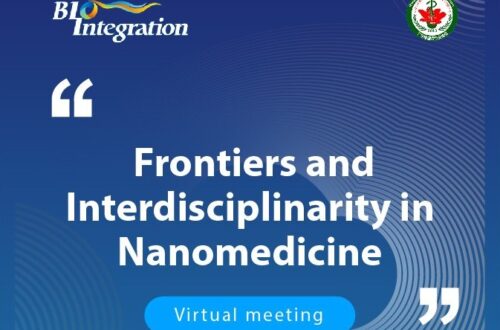
BIO Integration, Volume 3, Issue Number 1, Publishes
Guangzhou, March 24, 2022: BIO Integration (BIOI) publishes volume 3, issue 1. BIOI is a peer-reviewed, open access, international journal, which is dedicated to spreading multidisciplinary views driving the advancement of modern medicine. Aimed at bridging the gap between the laboratory, clinic, and biotechnology industries, it offers a cross-disciplinary platform devoted to communicating advances in the biomedical research field and offering insights into different areas of life science, to encourage cooperation and exchange among scientists, clinical researchers, and health care providers.
The issue contains an editorial, two review articles, two research articles and a commentary offering insights into different areas of life science in both China and internationally:
Editorial
Holistic Integrative Biomedicine in 2022: Riding the Wave in the Right Direction
Research Articles
Multilayer Perceptron Predicting Cervical Lymph Node Metastasis for Papillary Thyroid Carcinoma
Ultrasound images from thyroid nodule characteristics and patients’ clinical information can be used as predictive factors of cervical lymph node metastasis by the multilayer perceptron method.
Patients with oral squamous cell carcinoma using patient-controlled intravenous analgesia after flap reconstruction surgeries have a reduced length of stay in hospital compared with those who used conventional postoperative analgesic strategies. Moreover, postoperative glucose increase was lower in the patient-controlled intravenous analgesia group than in the non- patient-controlled intravenous analgesia group.
Review/Mini Review Articles
The Roles of Long Non-coding RNAs in Osteogenic Differentiation and Bone Diseases
This article reviews the roles and related mechanisms of long non-coding RNAs in osteogenic differentiation, as well as their potential effects on a variety of bone diseases.
The Integration of Reactive Oxygen Species Generation and Prodrug Activation for Cancer Therapy
The combination of chemotherapeutic drugs and reactive oxygen species (ROS) can improve cancer treatment outcome. This review summarizes the latest progress of these nanomedicines and discusses the perspectives and challenges.
Commentary
SORTing the Fate of Nanodelivery Systems
With the rapid development of nanotechnology, the role of nanocarriers in biomedicine is becoming increasingly important. The bottleneck, however, is efficient delivery of nanomedicine to specific organs or specific lesions, which is a focus of current nanomedicine research.




